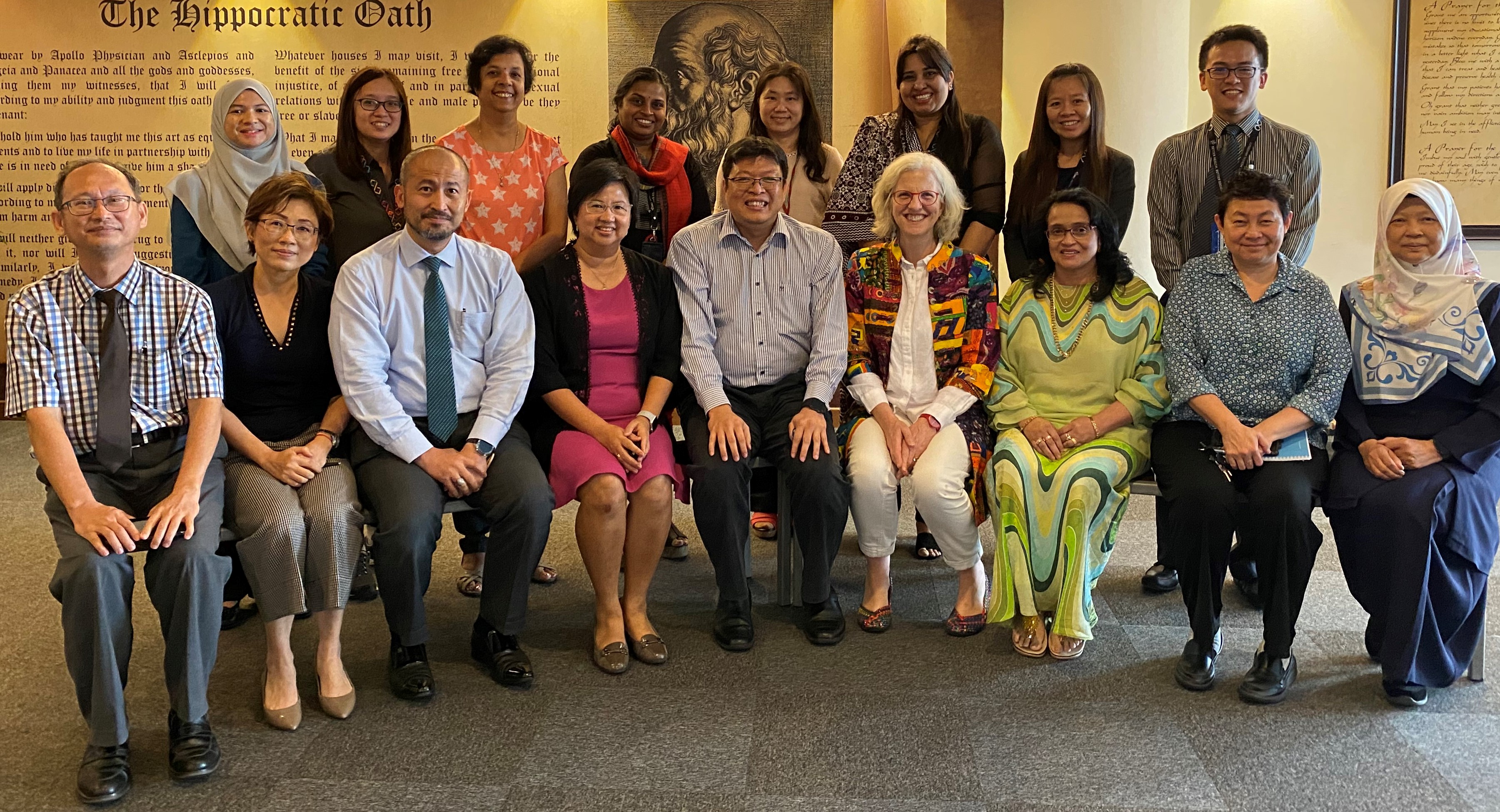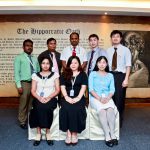It’s easy to list foods in our diet and say whether they’re good for us or not, right? But – is it true? Is good or not good true for all of us? And in what context, specifically? And, most importantly – WHY? As a population, we need to ask; how exactly is diet linked to disease? The growing relationship between chronic illness and food means that, increasingly, we are required to know how and why a person’s health needs to change. Modern thinking now suggests that striving to improve health is no longer as simple as “input versus output”. It is substantial to explore and understand the relationship between diets and diseases. Featuring this, the Institute for Research, Development and Innovation (IRDI) in collaboration with the Centre for Transformative Nutrition and Health (CTNH) of the International Medical University (IMU) had successfully organised a Research Seminar titled UK Women’s Cohort Study (UKWCS, 1995-2015): Harnessing Epidemiological Evidence for Diet-Disease Relationships on 3 February 2020 at the IMU Bukit Jalil campus. The main objective of this seminar was to provide the audience an insight on how diets are actually linked to diseases, particularly cancers. The keynote speaker of this talk was Prof Janet Cade who is a nutritional epidemiologist and currently leading the Nutritional Epidemiology Group at the University of Leeds, United Kingdom. Also, two other speakers for this talk were Dr Hj Tahir Aris who is the Director of Institute for Public Health as well as Dr Sangeetha Shyam, Senior Lecturer of the Division of Nutrition and Dietetics, IMU.
Dr Tahir kick-started the seminar by giving an overview on the nutritional epidemiology in Malaysia. Subsequently, Prof Janet who has been running the UK Women’s Cohort Study for over 20 years, highlighted some of the findings from the cohort study and her newly developed diet assessment methods and tools. Lastly, Dr Sangeetha deliberated on how different dietary patterns are linked to the risk for pancreatic cancer in the UKWCS. This analysis was facilitated by the Pancreatic Cancer Challenge Grant organised by the Centre for Cancer and Stem Cells, IRDI.
A collaborative project between IMU and University of Leeds, the project team consisted of researchers from IMU: Dr Sangeetha Shyam, Dr Tan Seok Shin, Dr Mai Chun Wai, members from the University of Leeds Prof Janet Cade and Dr Darren Greenwood and Malaysian collaborators Foong Ming Moy (UM) and AP Dr. Barakatun Nisak (UPM). The seminar was followed by a session to discuss on the potential collaborations between the ministries and researchers to have further studies on the associations of diets and disease.

The seminar was well-attended by representatives from the Institute for Public Health (IKU), Division of Non-Communicable Diseases (NCD), Ministry of Health (MOH), National Institutes of Health (NIH), Cancer Research Malaysia (Carif), as well as researchers from other institutions including Universiti Malaya (UM), Universiti Kebangsaan Malaysia (UKM), Universiti Putra Malaysia (UPM), UCSI University, Monash University, and IMU. Indeed, this seminar provided good insights on how diets could link to cancer risks.









